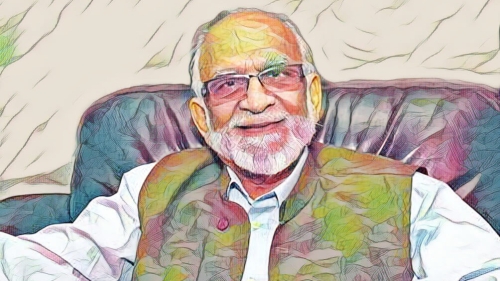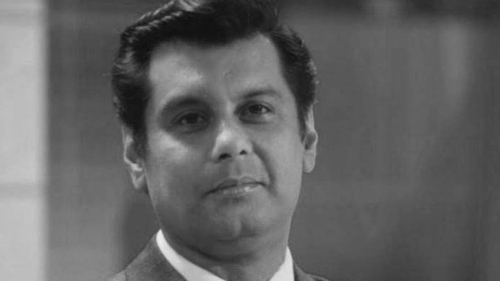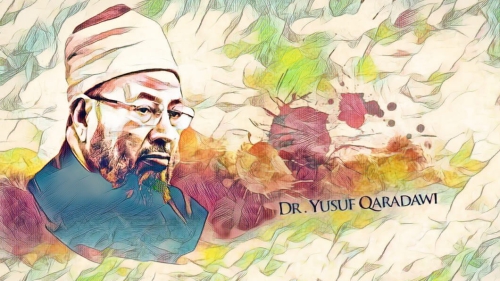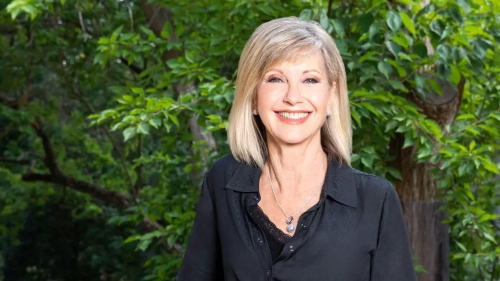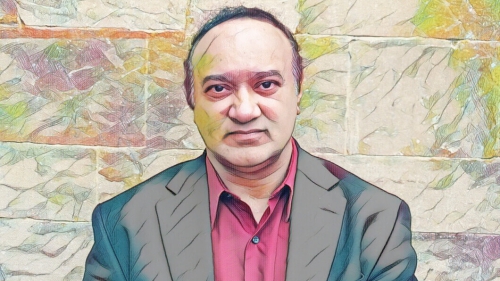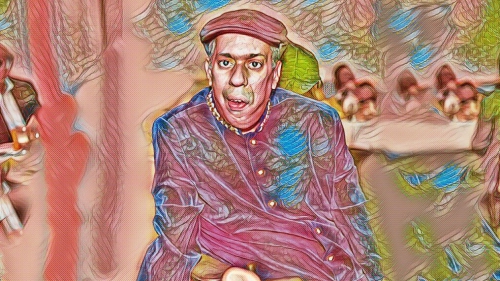A Positive Thinker - Maulana Wahiduddin Khan Passes Away
 {file:content.php} {function:blp_getCustomField} {postID:77676} {customField:theClapCount} {default:0}not-in-use-in-plain-child
{file:content.php} {function:blp_getCustomField} {postID:77676} {customField:theClapCount} {default:0}not-in-use-in-plain-child



The last time I saw him was January 2020. When I was in India and attended his lecture in the basement of his home, he delivered via intercom.
Later, his son, Sani Asnain, invited me to meet Maulana Whiduddin Khan in his room. A Kashmiri pundit family was already there explaining their understanding of his writing. He was 95, but he recognized me, mentioned my late father's name, and asked a few questions about President Trump and his popularity in America.
Whenever I visited India, I always visited his residence to listen to his lectures. He never missed the interaction with young men and women who attended his session like a religious ritual. He was a soft-spoken humble man. He was cordial to everyone. Even in his disagreement, he kept Islamic ethics above all other things. His concern was the peaceful coexistence of religions, and he advocated Hindu-Muslim unity and harmony. He believed in salvation through Marifah and not through actions only. In Sufism and Alevism, Marifah (Arabic: معرفة, 'knowledge') describes the mystical intuitive knowledge of spiritual truth reached through ecstatic experiences, rather than revealed or rationally acquired. A seeker of Marifah is called 'Arif, "the one who knows."
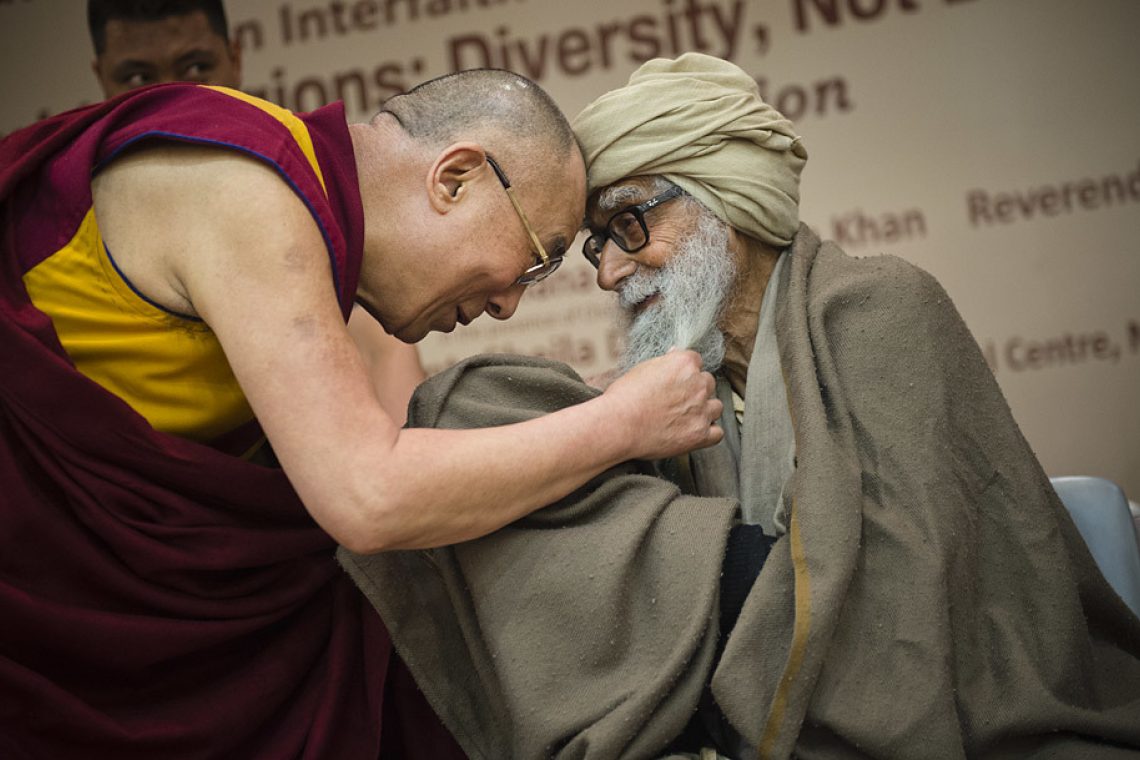
He was a philosopher, a journalist, a scholar, and above all, a positive thinker. He was the editor of Al-Jamiat, an Urdu daily published by Jamiat ul Ulama of India. He produced his magazine Ar Risala and authored over 200 books translated into English, Arabic, Hindi, and many other languages.
Maulana was an independent thinker. He was a member of Jamaat-e-Islami1, but later, he wrote a critique of Jamat Islami in his book Tabeer ki Ghalti (Mistaken Interpretation).
The Maulana was born in a north Indian Indian village of Bhadaria in Azamgarh on January 1, 1925. He died on April 21, 2021) in the Nizamuddin area of Delhi, not far from the shrine of Khwaja Nizamuddin and the headquarters of Tablighi Jamaat2.
He was a peace activist known for having written a commentary on the Quran and translated it into contemporary English; he was listed in the 500 Most Influential Muslims of the world.
Maulana received the Demiurgus Peace International Award, under the patronage of the former Soviet President Mikhail Gorbachev; India's third-highest civilian honor, the Padma Bhushan, in January 2000; the National Citizens' Award, presented by Mother Teresa and the Rajiv Gandhi National Sadbhavana Award (2009). Maulana Wahiduddin Khan received Padma Vibhushan, India's second-highest civilian award, for his contribution to spiritualism.
He started The Ar-Risala (The Message) Urdu magazine in 1976. An English edition of the magazine began in February 1984, and a Hindi version started in December 1990. His major writings included Hijacking — A Crime, Rights of Women in Islam, The Concept of Charity in Islam, and The Concept of Jihad.
Maulana Wahiduddin Khan passed away in Delhi from COVID-19 complications on 21st April 2021 at the age of 96. May Allah accept him among the most honored of Jannah.
Among the many books he wrote are:
The Prophet of Peace
The Quran: A New Translation
A Treasury of the Quran
Tazkirul Quran
Indian Muslims: The Need for a Positive Outlook
Introducing Islam: A Simple Introduction to Islam
Islam Rediscovered: Discovering Islam From its Original Sources
Islam and Peace
Islam: Creator of the Modern Age
Words of the Prophet Muhammad
The Issue of Blasphemy
Notes:
1. An Islamic movement founded in 1941 in British India by the Islamic theologian and socio-political philosopher Abul Ala Maududi.
2. A Islamic missionary movement established in 1926 by Muhammad Ilyas al-Kandhlawi in India. It began as a movement in response to the perceived deterioration of moral values and neglect of the aspects of Islam.
Related Suggestions
In accordance with Title 17 U.S.C. Section 107, and such (and all) material on this site is distributed without profit to those who have expressed a prior interest in receiving the included information for research and educational purposes.



